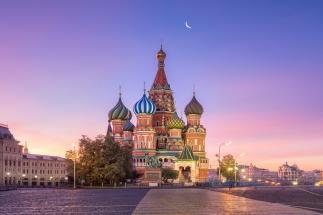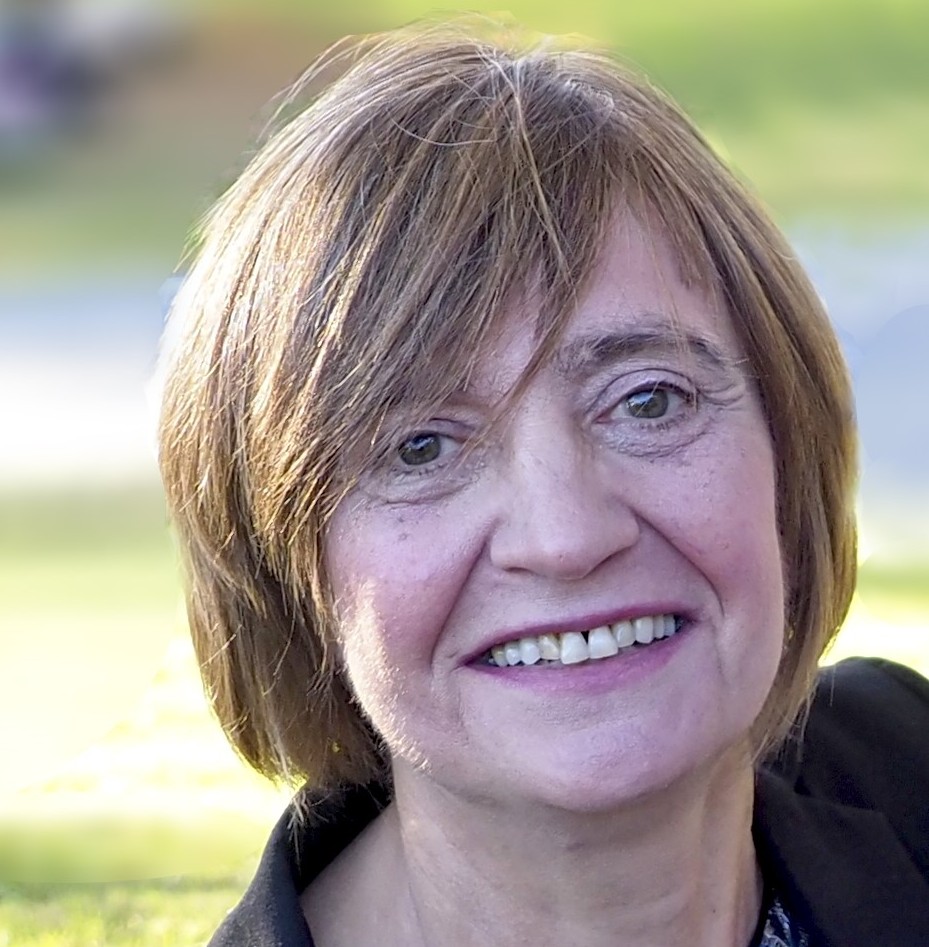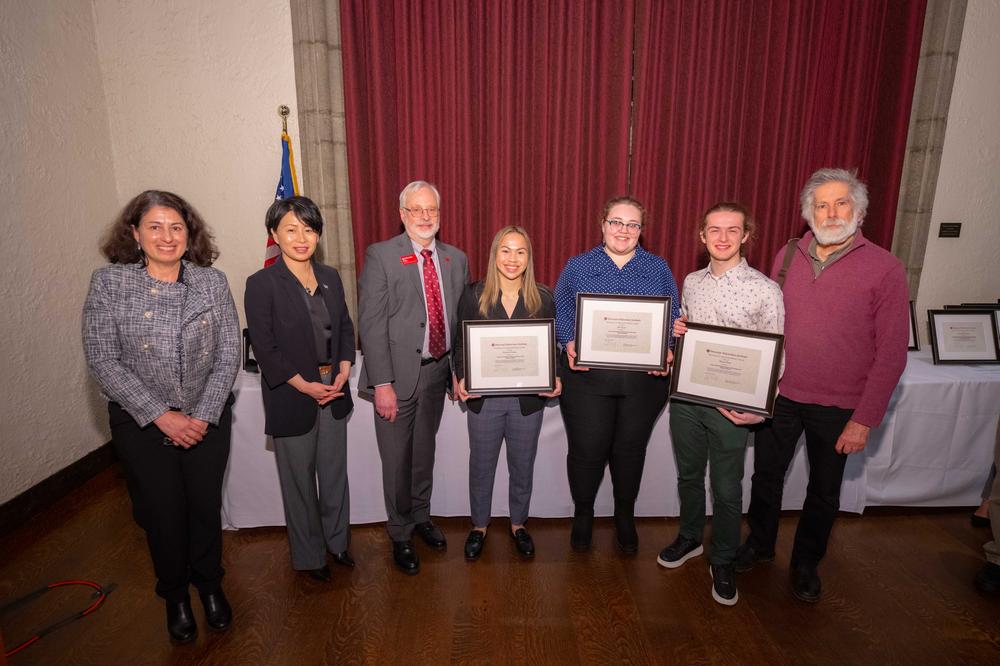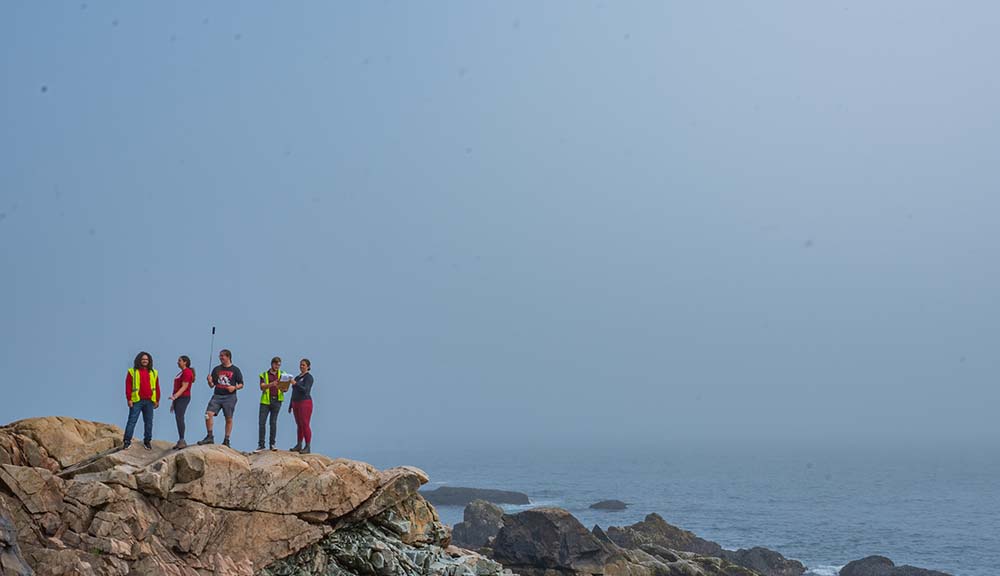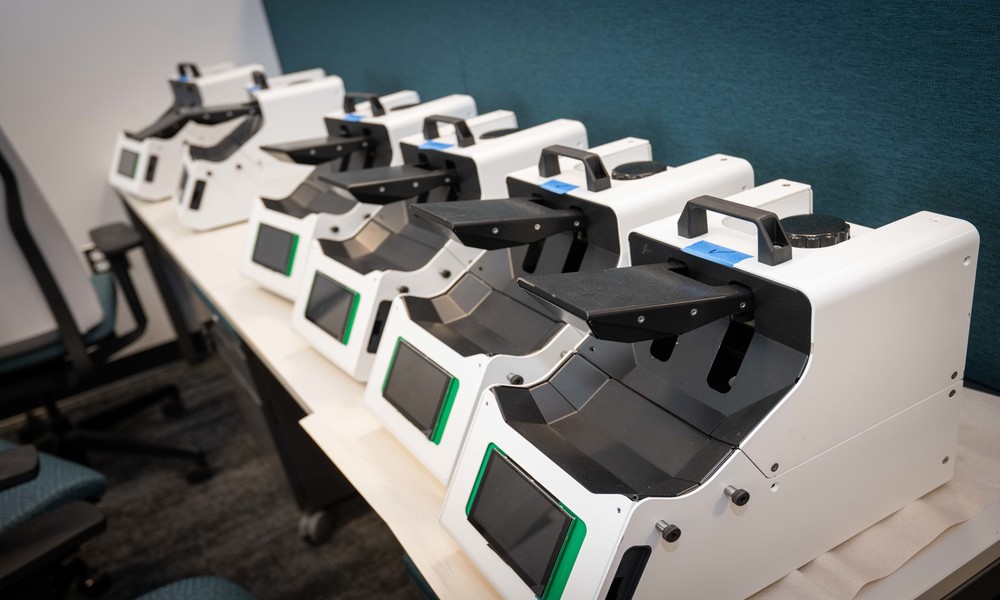For seven weeks, junior Matthew Withington and two teammates prepared for a trip to Moscow to help a charitable organization optimize its nursing home search engine.
Then came COVID-19, the suspension of WPI-related travel, requirements to work remotely, the disruption of the team’s Interactive Qualifying Project (IQP), and a big decision: What would Withington, sophomore Kade Woolverton, and junior Ivan Nikulin do for a project that was supposed to be a cornerstone of their university education?
The answer was something entirely new and urgent. The team launched an effort with students and professors in Russia to collect COVID-19 data in six countries and develop a predictive model that could illustrate the most effective measures to mitigate the spread of the disease.
Working with an epidemiologist in Russia and COVID-19 data on Russia, China, South Korea, Germany, Italy, and the United States, the team is looking for insights into actions, such as government protocols and personal measures, that can halt epidemics.
“I think we can have a far greater impact than our original project, even though we’re not directly connected to and in Russia,” said Withington, an aerospace engineering major who has been collaborating with teammates from his family’s home in Plymouth, Massachusetts. “I think it’s going to be important if we turn out a model that will help people. I think that that will be really meaningful.”
New Project, New Sponsors
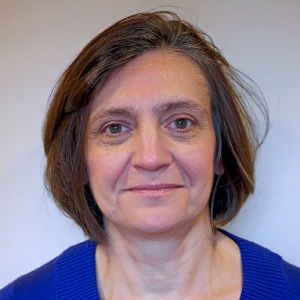
A requirement for all undergraduates, IQPs aim to solve a problem at the intersection of science and society. Withington, Woolverton, and Nikulin were among 11 students on three teams who had planned to travel to the Moscow Project Center for spring IQPs.
“The cancellation of the trip was so devastating for the entire class,” said Moscow Project Center director Svetlana Nikitina, who is also an associate teaching professor of English. “Going to Russia is a big deal. We had cultural excursions lined up. The students got gifts for their Russian partners.”
Like many other countries around the world, Russia has been transformed by COVID-19. More than 87,000 cases have been reported. In Moscow, authorities are converting hospitals to accommodate an anticipated surge in patients and using a new digital permit system to limit the number of people who may leave their homes.
